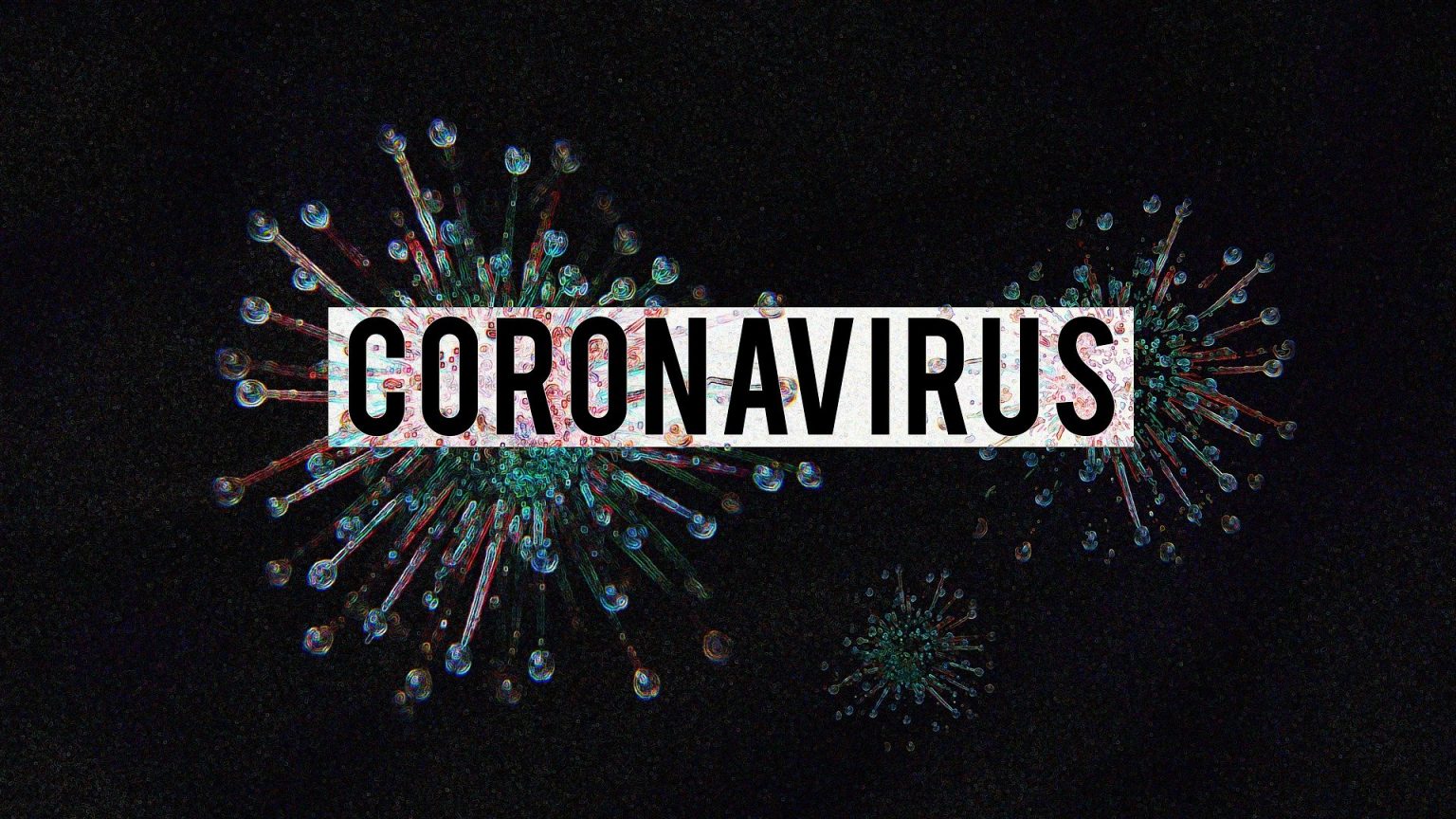 Lawmakers and the judicial system were not immune to the chaos. The pandemic had wide-ranging implications for many laws, not the least of which was personal injury law. North Carolina’s laws allow individuals to sue other individuals, companies, and government agencies with some limitations. Someone can file claims based on breaches of contract, negligence, violations of the state constitution, and even violation of federal law. And though it might seem that there have been obvious instances of neglect on the part of certain persons or entities that could have caused an individual to be infected, proving the case is more complicated.
Lawmakers and the judicial system were not immune to the chaos. The pandemic had wide-ranging implications for many laws, not the least of which was personal injury law. North Carolina’s laws allow individuals to sue other individuals, companies, and government agencies with some limitations. Someone can file claims based on breaches of contract, negligence, violations of the state constitution, and even violation of federal law. And though it might seem that there have been obvious instances of neglect on the part of certain persons or entities that could have caused an individual to be infected, proving the case is more complicated.
Usually, the nature of a personal injury case involving the transmission of disease will hinge on proving negligence by a person or entity. There is precedence for awarding damages to a person or persons who contracted a disease after being compromised by another person or entity’s negligence. The plaintiff needs to prove that:
- The defendant owed the plaintiff a duty
- The defendant breached the duty and
- The defendant’s breach was the proximate cause of the plaintiff’s injuries
So what is the “proximate cause”? It means that without the defendant’s breach of duty, the plaintiff would not have suffered the injury as mentioned above. And therein lies the rub. Because coronavirus is highly contagious, proving that the defendant’s breach was the exact cause of the injury is very difficult to prove unless the plaintiff was present only at a location where the defendant’s breach of duty would have exposed the plaintiff to the disease. It would be rare for a person to be sequestered in one spot for any length of time. Any other places that the plaintiff visits during this time would expose them to additional vectors for infection. This is because of the highly contagious nature of COVID-19. How do you prove definitively that the defendant was the cause of the plaintiff’s condition?
There is also precedent for finding the plaintiff’s favor when the defendant, aware they had the disease, knowingly engaged in transmitting the disease to the plaintiff by coughing, sneezing, or spitting on them. There have been some instances of this in the United States. However, there is still no definitive trend regarding how these cases should be handled. State laws on the matter will likely vary considerably.
Because this situation is ever-changing, you need to contact expert legal counsel to get the latest answers if you have questions. We have experienced personal injury attorneys who can help maximize your chances of a good outcome if you’ve been injured. Contact us today and learn what you can do to protect yourself.


